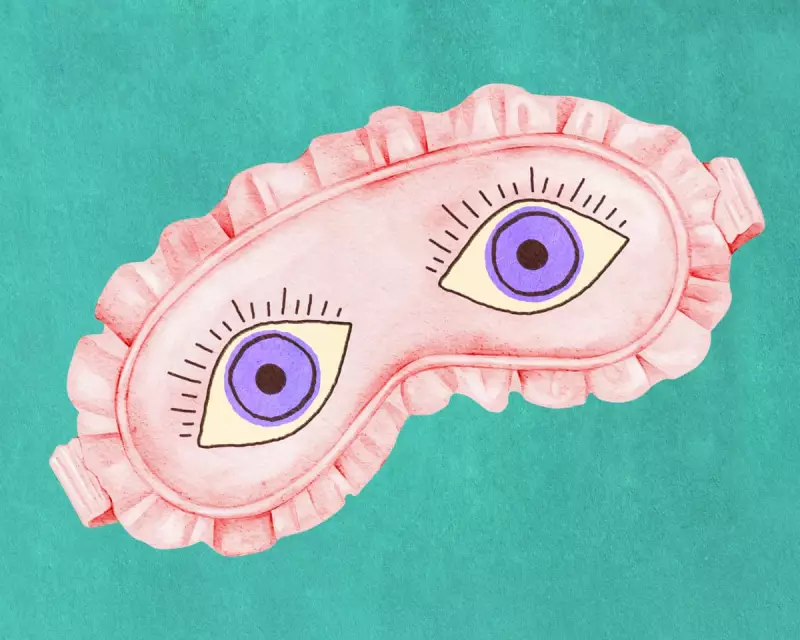
Imagine lying awake all night, watching the hours tick by, convinced you haven't slept a wink. Yet when you check a sleep tracker or ask your partner, the evidence shows you were actually sleeping soundly. This isn't a plot from a psychological thriller—it's the daily reality for those living with paradoxical insomnia.
The Sleep Disorder That Defies Logic
Paradoxical insomnia, also known as sleep state misperception, is a genuine medical condition where people significantly underestimate how much sleep they're getting. While they might report getting only two or three hours of sleep, sleep studies often reveal they're actually achieving near-normal sleep duration.
What Does the Science Say?
Research using polysomnography—the gold standard for sleep measurement—consistently shows a dramatic gap between perceived and actual sleep in these patients. Dr. Guy Leschziner, a renowned neurologist and sleep specialist, explains that this isn't about patients lying or imagining symptoms. Their experience of being awake is completely real to them.
The brain scans tell a fascinating story: In some cases, parts of the brain may remain more active or aware during sleep, creating the genuine sensation of wakefulness even while the person is technically asleep.
Breaking the Cycle of Sleep Anxiety
One of the most damaging aspects of paradoxical insomnia is the anxiety it creates around sleep itself. The more people worry about not sleeping, the more they monitor their sleep, creating a vicious cycle of sleep-related stress.
- Stop clock-watching: Remove visible clocks from your bedroom
- Limit sleep tracker reliance: These devices can sometimes fuel anxiety
- Focus on daytime function: Judge your sleep quality by how you feel during the day, not by night-time perceptions
Effective Treatment Approaches
Cognitive behavioural therapy for insomnia (CBT-I) has shown remarkable success in treating paradoxical insomnia. This approach helps patients:
- Challenge unhelpful beliefs about sleep
- Reduce sleep performance anxiety
- Develop healthier sleep habits and attitudes
As one patient shared after successful treatment: "Learning that my experience was real but misinterpreted was life-changing. I stopped fighting sleep and started trusting my body again."
When to Seek Professional Help
If you consistently feel you're getting little or no sleep despite functioning relatively well during the day, or if your sleep concerns are causing significant distress, it may be time to consult a sleep specialist. The NHS offers sleep services that can provide proper diagnosis and treatment options.
Remember, the goal isn't necessarily to achieve perfect sleep, but to break free from the anxiety that makes your nights feel endlessly wakeful.





